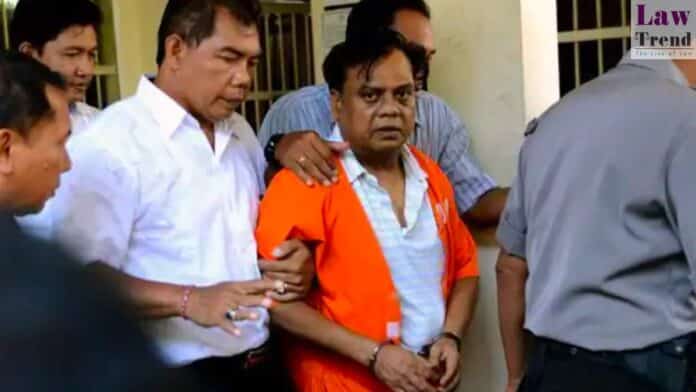In a significant ruling on Thursday, a Mumbai court acquitted the infamous underworld figure Rajendra Nikalje, better known as Chhota Rajan, in the 1996 murder case of Dongri resident Sayyed Sohel Maqbul Hussain, citing insufficient evidence. However, the court convicted Rajan’s former aide, Ejaz Lakdawala, also known as Ajju, who was one of the shooters involved in the crime, sentencing him to life imprisonment.
The Incident of 1996
The case dates back to 1996 when Lakdawala, along with another associate of Chhota Rajan, forcefully entered a shop allegedly linked to the Dawood Ibrahim gang and shot Hussain. The incident occurred during a period of intense rivalry between the Chhota Rajan and Dawood Ibrahim factions.
During the attack, Lakdawala’s weapon malfunctioned, causing him to accidentally shoot himself in the leg. This injury led to the apprehension of Lakdawala and his accomplice as they attempted to flee the scene.
Investigation and Legal Proceedings
The initial complaint was lodged by Hussain himself on October 7, 1996, at the Pydhonie Police Station, invoking charges of attempted murder and common intention under the Indian Penal Code, along with provisions of the Indian Arms Act.
Hussain’s testimony, recorded shortly before his death from the injuries, formed the crux of the case against the accused. Following his demise, a murder charge was added to the case.
Investigations indicated that Chhota Rajan, who was abroad at the time, had orchestrated the shooting. Rajan, currently serving a life sentence in Tihar Jail for another case, was deported from Bali to India. Lakdawala, who fled India in 1998, was later apprehended in Canada with assistance from Interpol.
Judicial Outcome
The second accomplice arrested with Lakdawala was previously acquitted, and another individual named Ajay, who allegedly supplied the weapon used in the shooting, remains untraced.
Also Read
Special Public Prosecutor Pradip Gharat acknowledged the Central Bureau of Investigation’s (CBI) inability to directly link Rajan to the murder but highlighted the court’s recognition of Lakdawala by police constables who arrested him in 1996. Furthermore, ballistic evidence confirmed that the bullets recovered from Hussain’s body matched the firearm seized from Lakdawala at the time of his arrest.




